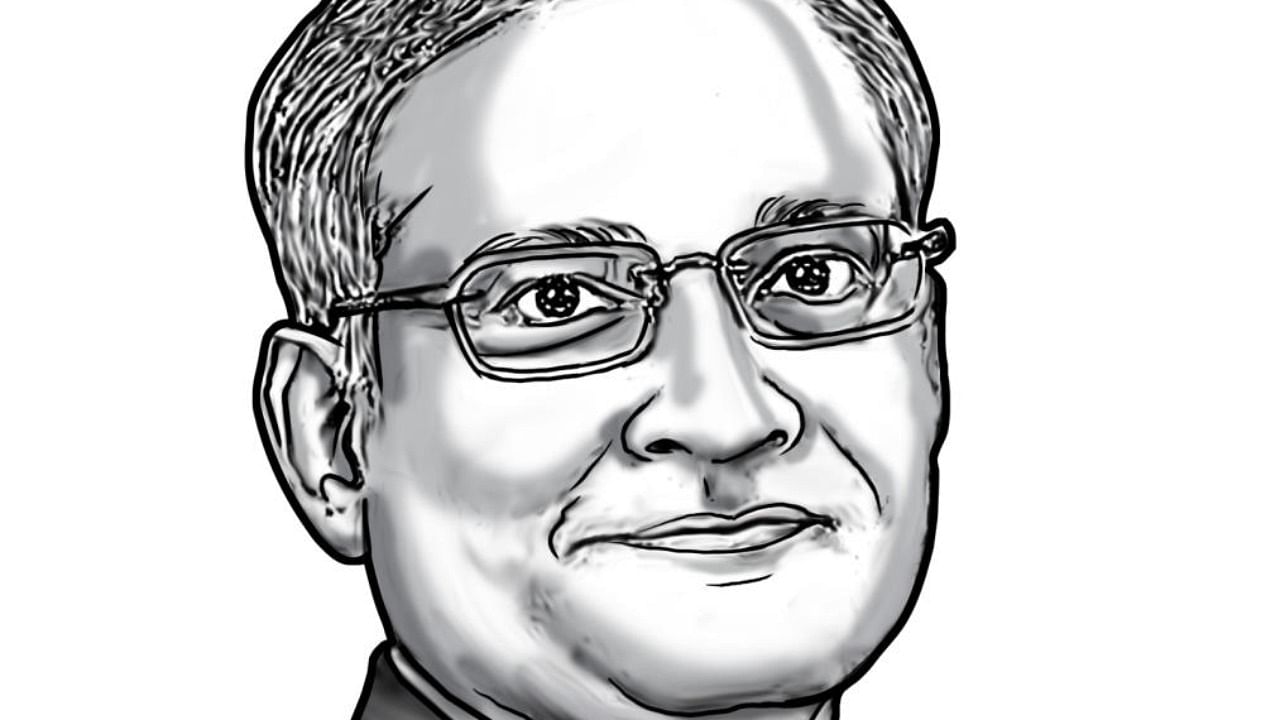
India is warily watching China’s moves in Hong Kong, aimed at subverting its autonomy in law and order, media, local administration and financial strength of the metropolitan island. With enormous powers given to its “secret police” deployed in Hong Kong, China is threatening to implement its policies and has begun arresting citizens. This has enormous impact on the nearly 40,000 Indian expatriates living in Hong Kong.
China’s policies continue to destabilise Hong Kong. This time around, it is through the enactment of a new national security law by China’s parliament that is intended to punish crimes of separatism, collusion with foreign forces, subversion, terrorism and secession, its implementation from June 30 and the quick arrests of democracy activists and media personnel. Even a foreigner living in a foreign country who advocates independence for Hong Kong can be arrested in Hong Kong and sentenced to life imprisonment.
Jimmy Lai, the publisher of the liberal newspaper and the largest circulating Apple Daily, and a proponent of democracy in Hong Kong was arrested on suspicion of colluding with foreigners. His crime was to have met the US Vice President Mike Pence in July 2019.
Thirty others were arrested on similar charges or for displaying pro-democracy slogans, including the young pro-democracy activist Agnes Chow (arrested a fourth time) turning the political atmosphere on the island tense and uncertain. This new wave of arrests has created uncertainty in the global financial, transport and services hub in the Indo-Pacific.
Beijing is sending a signal through these arrests that it is going to implement the 19th Communist Party Congress resolution of 2017 of “six no’s”, namely, “anyone, any organization, any political party, at any time or in any form, to separate any part of Chinese territory from China”. It was meant to be applied for Taiwan, but as the stalemate ensued over it due to US support to Taipei, China’s ire is now directed against Hong Kong.
China did promise to implement “one country, two systems” in Hong Kong through the 1980s negotiations with the UK, with pledges of substantial autonomy in law and order, local administration, finances and other areas. It also promised to implement universal suffrage. However, it soon began emphasising on the “one country” (i.e. China) centralisation aspects, than on “two systems” (respecting the promised autonomy of Hong Kong).
China’s interference in Hong Kong was opposed tooth and nail by the island’s populace. China’s language imposition, “patriotic education” policies, tweaking of Article 23 to curb freedoms, slow progress in observing universal suffrage, attempt to impose Extradition Law last year and deteriorating socio-economic conditions in the light of influx of capital and labour from China have all been opposed.
On the latter, Hong Kong media reported about one Chua Hwa-por (Cai Huabo), a Singapore citizen and son-in-law of the third-ranking Politburo Standing Committee member of the Communist Party Li Zhanshu, linking him to real-estate deals in Hong Kong. Local press reported that Chua was infected with Covid-19 and Li Zhanshu sent a plane to fetch him to Beijing recently.
Global response has been critical, given the draconian nature of the new security law. The US ended its special trading relationship with Hong Kong which is expected to be harsh on the latter in terms of attracting business and financial services. Besides, it imposed travel ban on Hong Kong officials. Canada, which has one of the largest numbers of expatriates, has taken pro-active measures, while the UK announced granting of citizenship to Hong Kong people.
While China recently mooted a plan to recruit Gorkhas in Nepal for strengthening its mountain warfare capabilities against India in the light of India-China border incidents, Beijing, on the other hand, has left the Gorkhas in Hong Kong high and dry. Many Gorkhas, as a result, shifted to the UK.
Interestingly, shedding its usual cautious approach towards China, India began voicing concerns over the Hong Kong developments. India’s envoy to UN institutions in Geneva Rajiv Kumar Chander made a statement in early July at the third meeting of the 44th Regular Session Human Rights Council, noting “several statements expressing concerns” on the situation in Hong Kong and stated: “We hope the relevant parties will take into account these views and address them properly, seriously and objectively.” He underlined the presence of the large Indian community in Hong Kong and their well-being.